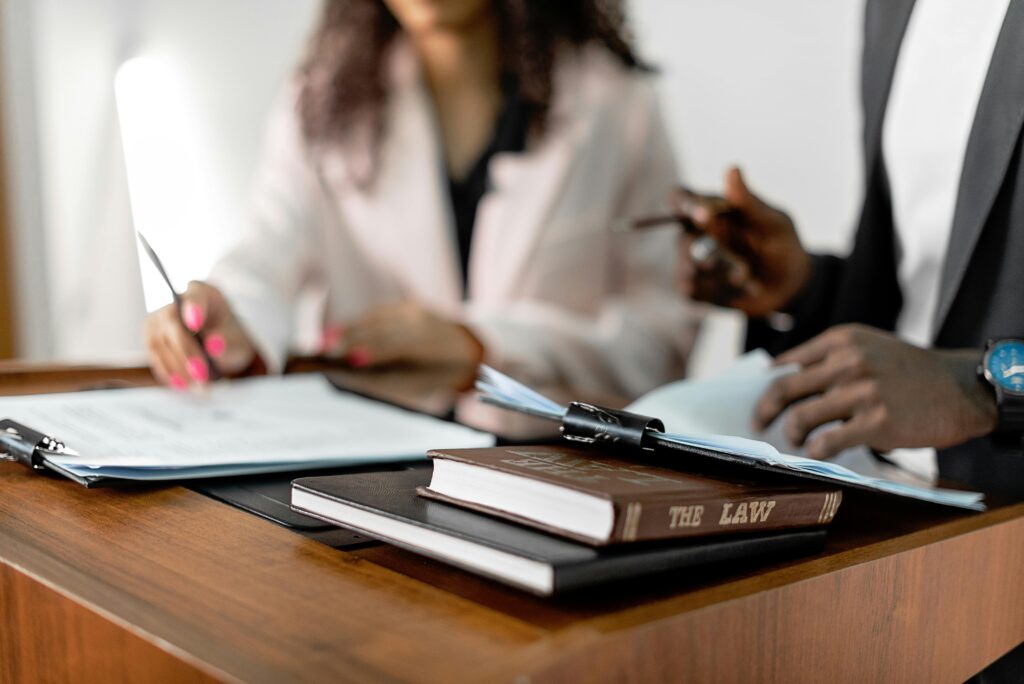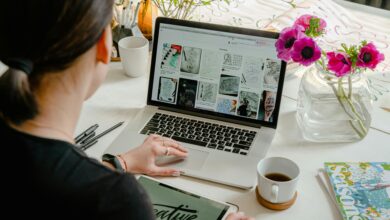How to Prepare for a Job Interview: Your Comprehensive Guide
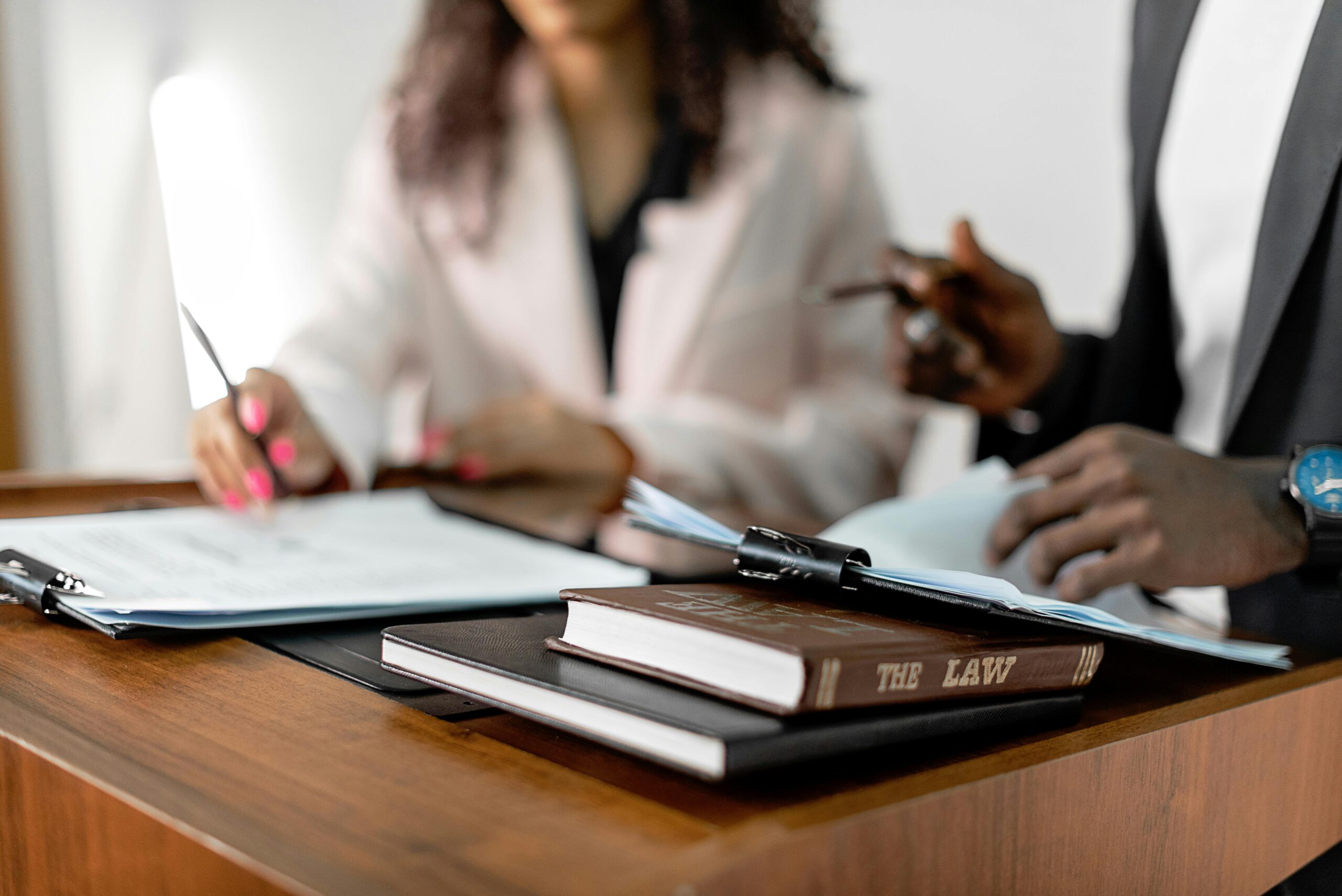
Table of Contents
In an increasingly competitive job market, preparing for a job interview can often feel overwhelming. The stakes are high, and a single interview can be the deciding factor in securing your dream job or moving on to the next opportunity. So, how do you prepare effectively? This guide will walk you through essential steps and strategies to ensure you present your best self on interview day.
Understanding the Job and Company
Research the Role
Before you even think about what to wear or how to answer questions, start with a thorough understanding of the job you’re applying for:
- Job Description Review: Break down the job description. Identify the key responsibilities and required skills. Highlight terms that emphasize what the employer values the most.
- Qualifications Alignment: Compare your background to the necessary qualifications. Take note of where you excel and where you may need to bolster your confidence or skills.
Know the Company
Knowledge about the organization is paramount. Here are some ways to effectively research:
- Company Website: Review the company’s mission, vision, and values. Familiarize yourself with their products, services, and recent news.
- Social Media and News Articles: Follow them on platforms like LinkedIn and Twitter. Check out any recent achievements or announcements. This information can often help in conversations during the interview.
- Glassdoor or Indeed Reviews: Read up on past employee experiences to get an idea about the company culture, hierarchy, and work environment.
Practicing Common Interview Questions
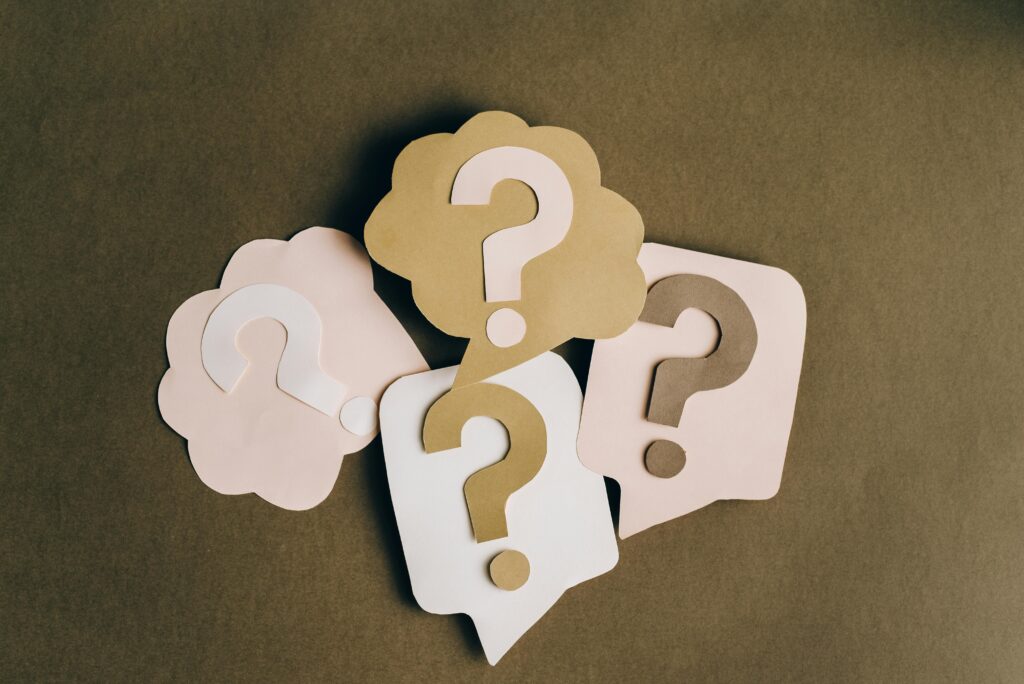
Prepare Your Answers
Practicing answers to common interview questions can significantly ease your nerves. Here are a few frequently asked questions:
Tell me about yourself.
- Craft a concise summary of your professional journey. Tailor it to reflect elements that align with the position.
Why do you want to work here?
- Use the research you’ve done. Discuss what specifically attracts you to the company and the role.
What are your strengths and weaknesses?
- Be honest. Turn weaknesses into positives by discussing how you’ve worked to improve them.
Conduct Mock Interviews
Conducting mock interviews with a friend or mentor can help refine your responses. Here’s how:
- Use real questions: Present each other with a list of common questions.
- Provide constructive feedback: Focus on clarity, content, and body language.
- Record the session: Playback can reveal nervous habits or areas needing improvement.
Preparing Your Professional Attire
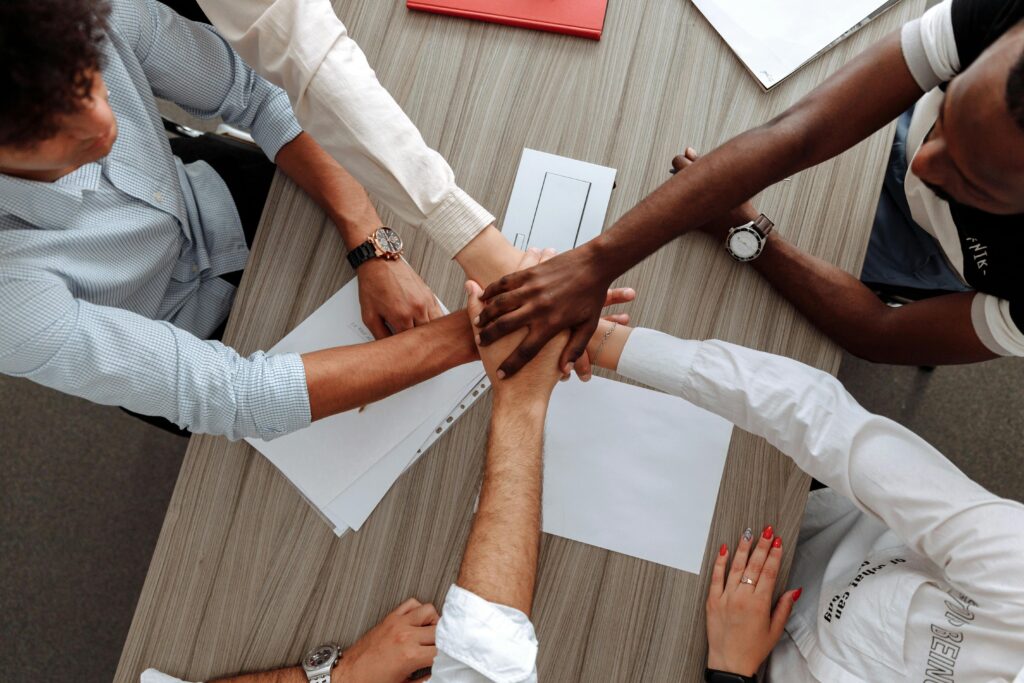
Dress for Success
Your appearance communicates a message about your professionalism. Here are some considerations:
- Research Company Culture: Depending on the company’s dress code (formal, business casual, or casual), choose appropriate attire.
- Prepare Multiple Options: Plan your outfit in advance, and don’t forget to consider accessories and shoes. Lay everything out a day before.
- Comfort Is Key: Ensure your outfit is comfortable to avoid constant adjustments during the interview.
Gathering Necessary Materials
Prepare Your Documents
When preparing to meet for an interview, being organized will reflect your professionalism. Keep the following organized:
- Resume Copies: Print multiple copies of your resume to share.
- Portfolio/Samples: If applicable, prepare your portfolio of work samples.
- References List: Bring a list of references ready to share upon request.
Prepare Questions for the Interviewer
A successful interview is a two-way street. Prepare thoughtful questions to ask the interviewer:
- What does success look like in this role?
- Can you describe the team dynamics?
- What are the company’s growth plans for the next few years?
Mastering Your Body Language
Non-Verbal Communication
Your body language can speak volumes. Here’s how to ensure it aligns with your words:
- Maintain Eye Contact: This shows confidence and engagement.
- Practice Good Posture: Sit up straight to convey professionalism and interest.
- Be Mindful of Gestures: Use hand gestures naturally but avoid crossing your arms as this may seem defensive.
Following Up After the Interview
Send a Thank-You Note
After the interview, a thank-you note can set you apart. Here are some effective strategies:
- Timeliness: Aim to send your note within 24 hours of the interview.
- Personalized Mention: Reference something specific from the interview, reflecting your genuine interest.
- Professional Tone: Keep it concise and professional, reiterating your enthusiasm for the position.
Conclusion
Preparing for a job interview involves thorough research, practice, and a dash of personality. By understanding the role and the company, rehearsing answers, presenting yourself professionally, and actively engaging with your interviewer, you can boost your confidence and leave a lasting impression.
Final Thoughts
Remember, every interview is a stepping stone. If one doesn’t go as hoped, consider it a learning experience and prepare for the next opportunity.
What strategies have you found effective in preparing for job interviews? Share your experiences in the comments below or reach out for more personalized advice!
By adhering to these comprehensive steps, you are well-equipped to prepare for a job interview effectively. Embrace the journey—your next opportunity is around the corner!
